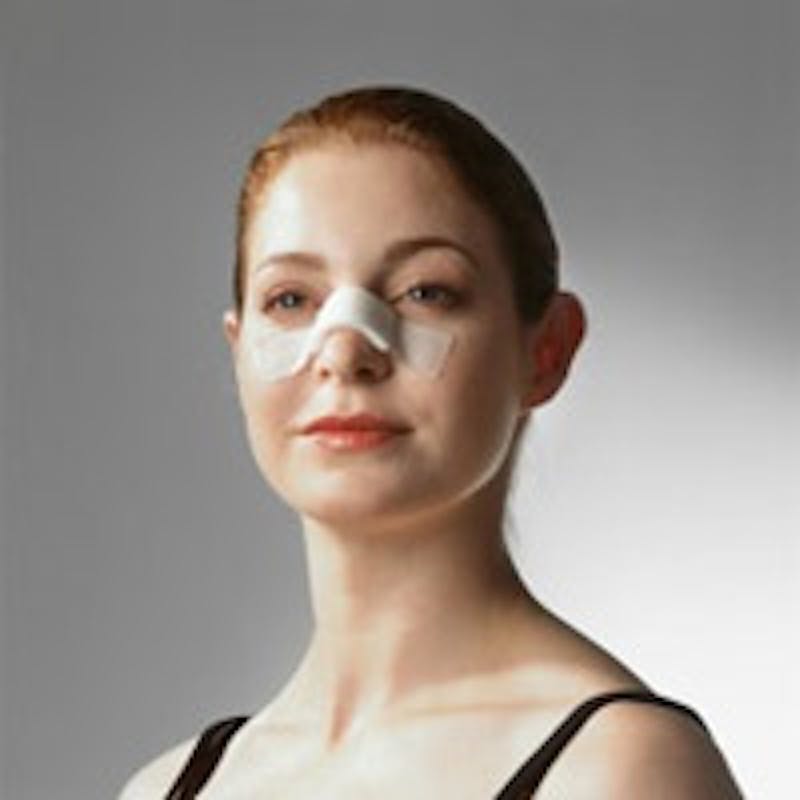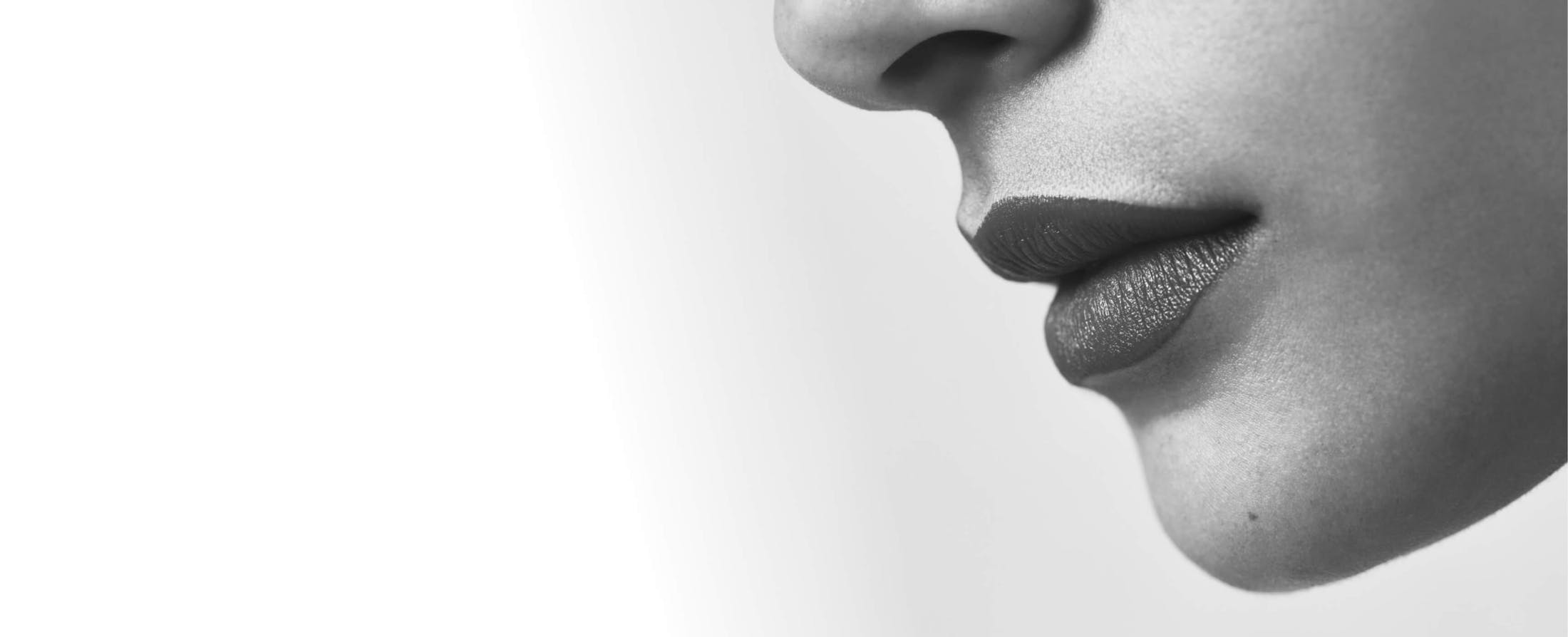
Although it can take a few months, or even up to a year for the final results of a rhinoplasty procedure to be visible, most patients are back to everyday activities after about a week, with the exception of exercise and strenuous activity. The first day after your surgery might be the toughest, as you’ll be coming off of the anesthesia and will be adjusting to the new nose.
What You Might Feel
You’ll definitely feel different after your surgery. While pain isn’t usually very severe, it will be present, especially as the anesthesia or sedation wears off. You might also have some side effects from the anesthesia. Some patients feel “out of it,” for example. You might feel sick to your stomach or vomit as the anesthesia wears off. A slight headache is also common.
One of the most common symptoms patients feel after their nose surgery is congestion. The surgery causes some swelling in the nasal passages, which can make it feel as though you have a cold or blockage. If the surgeon packed your nose with gauze, the packing can make the congestion feel worse. Whatever you do, resist the urge to blow your nose following surgery.
How Things Might Look
The results from your surgery won’t be instantly visible. In fact, things will most likely look worse before they look better. Bruising is common and can occur under the eyes, so that it looks as though you have two black eyes. The discoloration becomes worse on the second day but should fade after a few days.
Depending on the procedure, you might have to wear a splint over the nose for the first few days. The surgeon may place a small piece of gauze under your nose to catch any nasal discharge or blood, too.
What to Eat
You might not feel up to eating anything within the first 24 hours after your rhinoplasty. If you do feel hungry, it’s best to limit your diet to soft, liquid foods, at least for the first day. Light broth and light juice are ideal. The day after the surgery, you can try adding other soft foods, such as Jello or pudding. As your recovery goes on, try to avoid spicy foods, which can irritate the nose or foods that require a lot of chewing. If you feel pain or discomfort when you eat a certain kind of food, discontinue eating it for a few days.
What to Do
The best thing to do the first day after your surgery is rest. Most likely, you’ll be sent home the same day. You’ll need to make arrangements with a loved one or friend to drive you home from the surgical center and to stay with you at home. Don’t be alone in the house right after your procedure.
When you rest, keep the head elevated to reduce swelling. You can try sleeping in a reclining chair for the first few days or lie in your bed with a series of pillows to prop you up. Your new sleeping position might take some getting used to, but it’s important that you not lie flat or sleep on your stomach as the nose heals. Even a small bump or pressure on the nose can impact the final results.
Relax on your chair or in your bed with ice packs on your face to keep swelling down. You can use a bag of frozen peas or apply a cold compress to the area.
Cleaning Your Nose
If you have a cast on the nose after the surgery, you’ll want to avoid getting it wet. But, you’ll also want to clean away any dried blood or crusts that form near the nostrils. To do so, use a cotton swab with a small amount of hydrogen peroxide on it. Be very gentle as you clean the area and avoid bumping or jostling your nose.
You might also have to spray saline solution (salt water) inside each nostril every few hours after your surgery. The saline will help keep your nasal passages from becoming too dry and reduce discomfort.
Following the advice and instructions of your surgeon for the first day after your surgery will ensure a good recovery and improve your results. To learn more about rhinoplasty and the recovery process, from day one and beyond, contact Dr. George Moynihan, a facial plastic surgeon in Chicago. Call his practice, Gold Coast Plastic Surgery, for a consultation today at (312) 988-9300.


